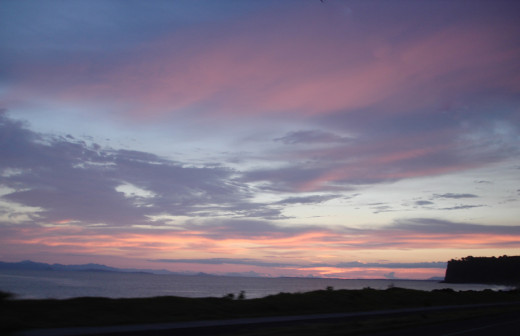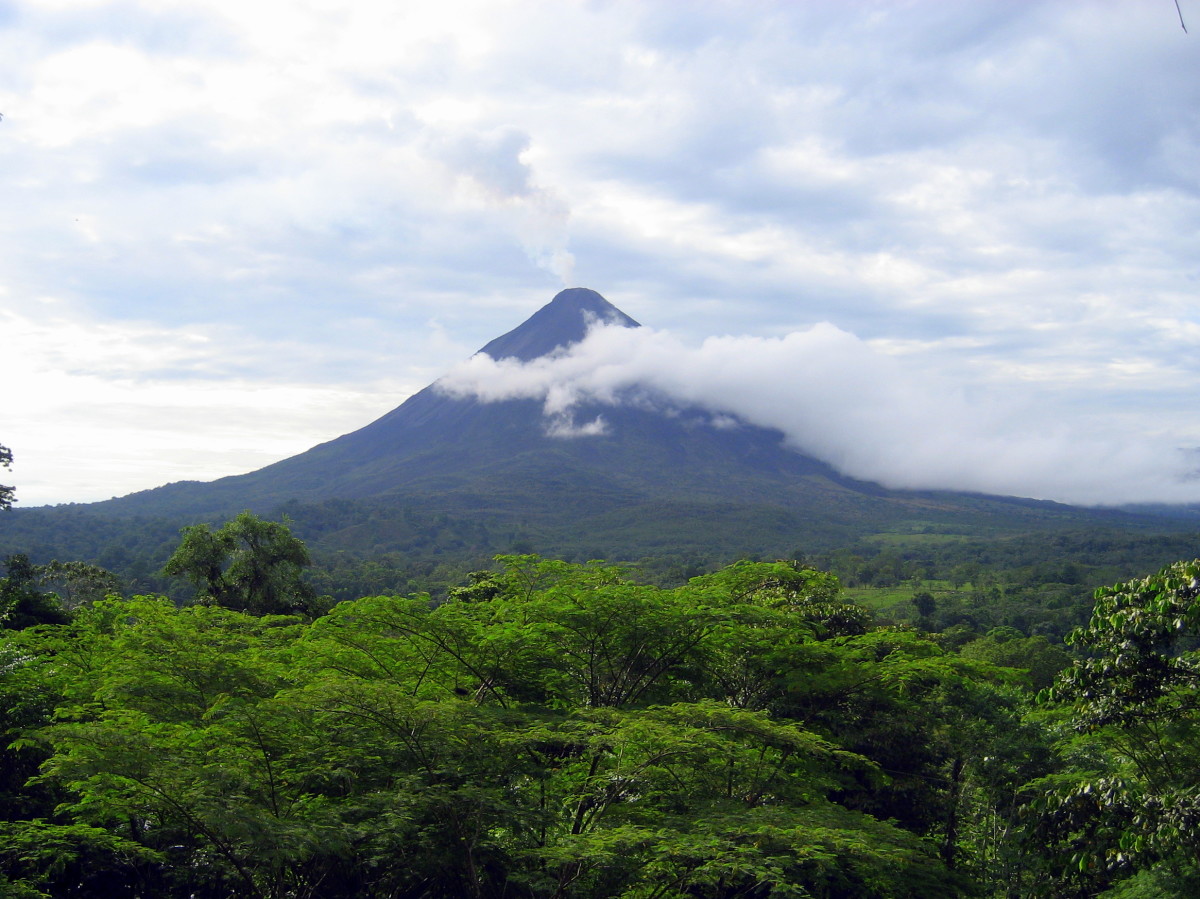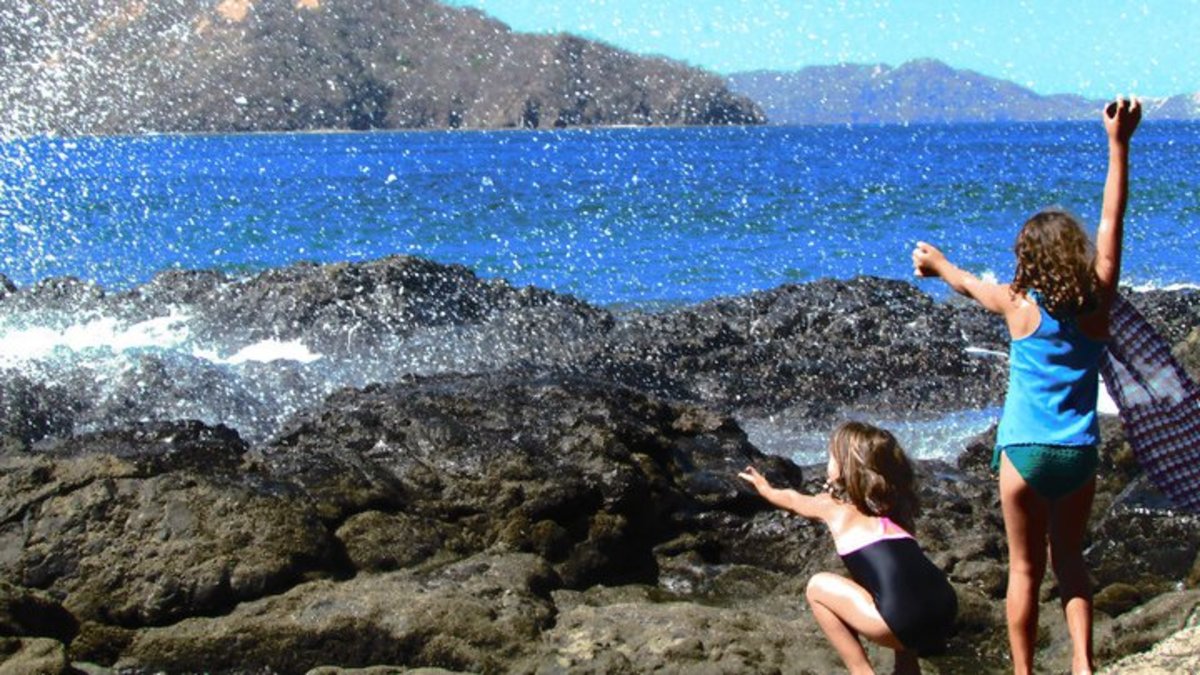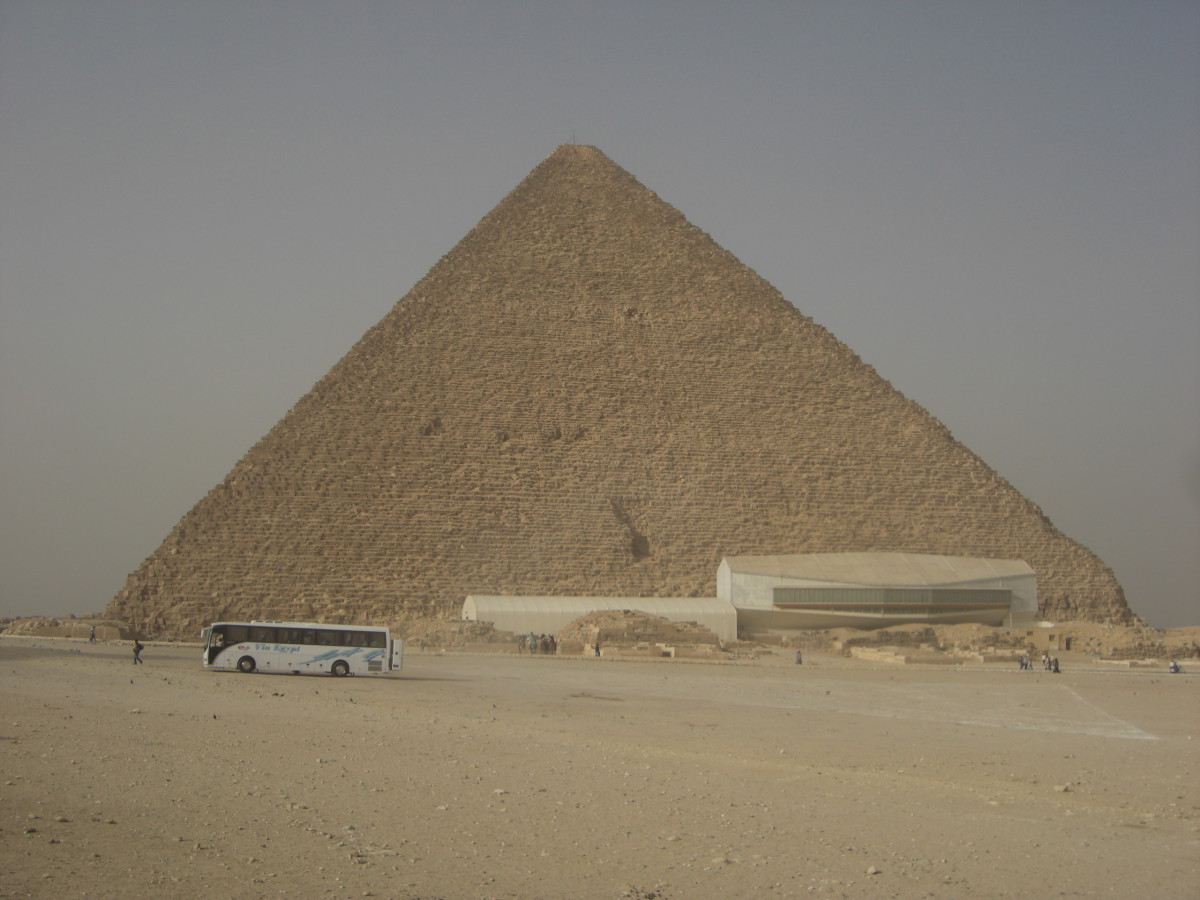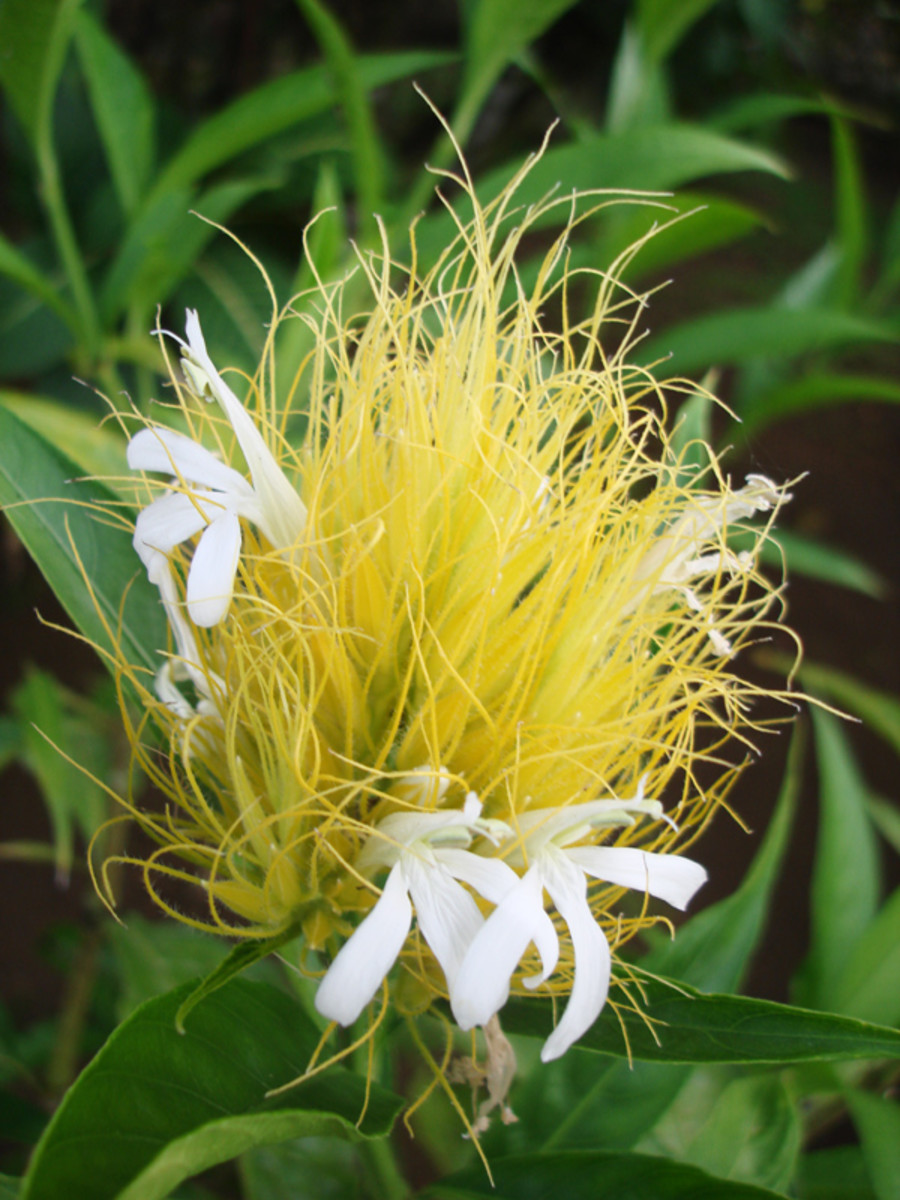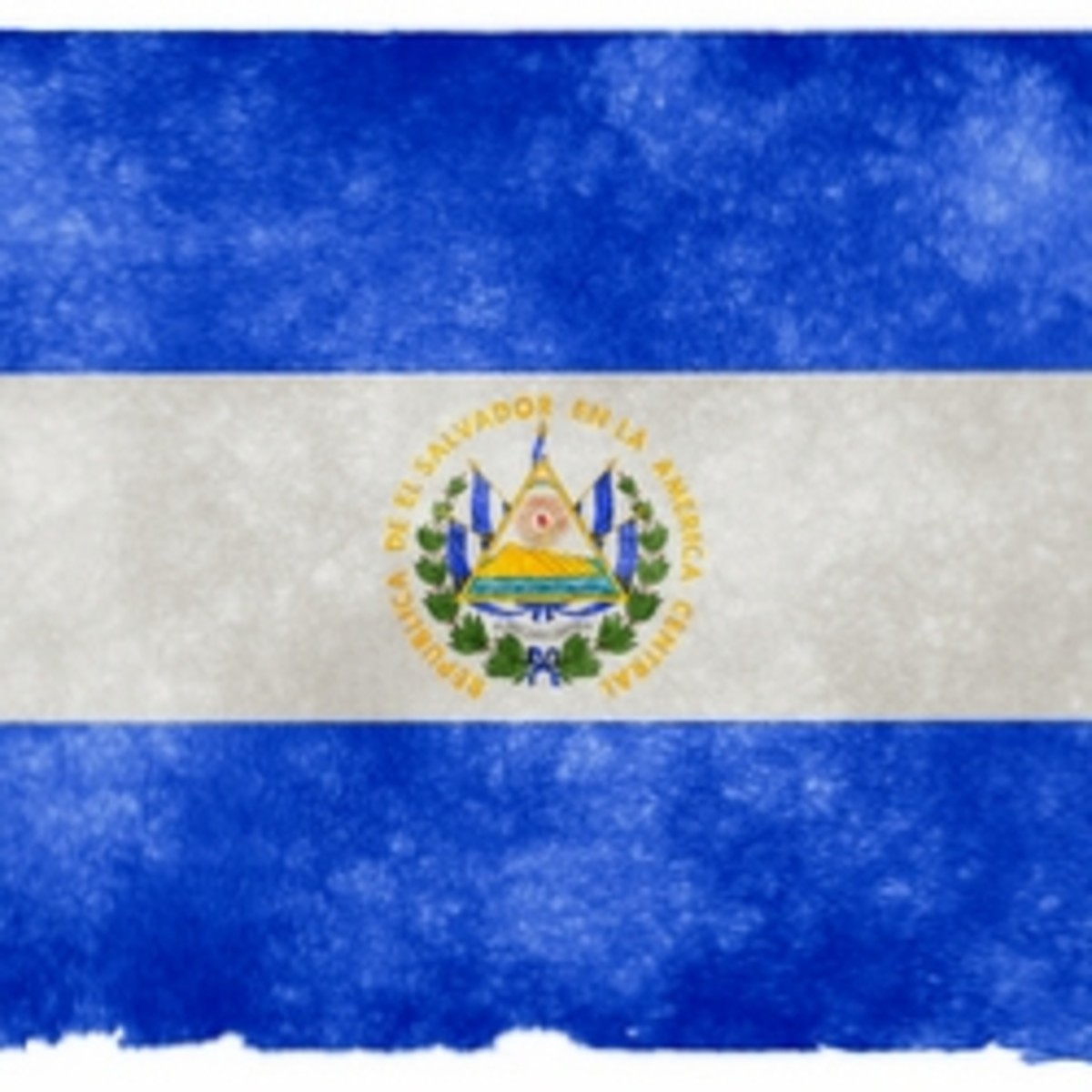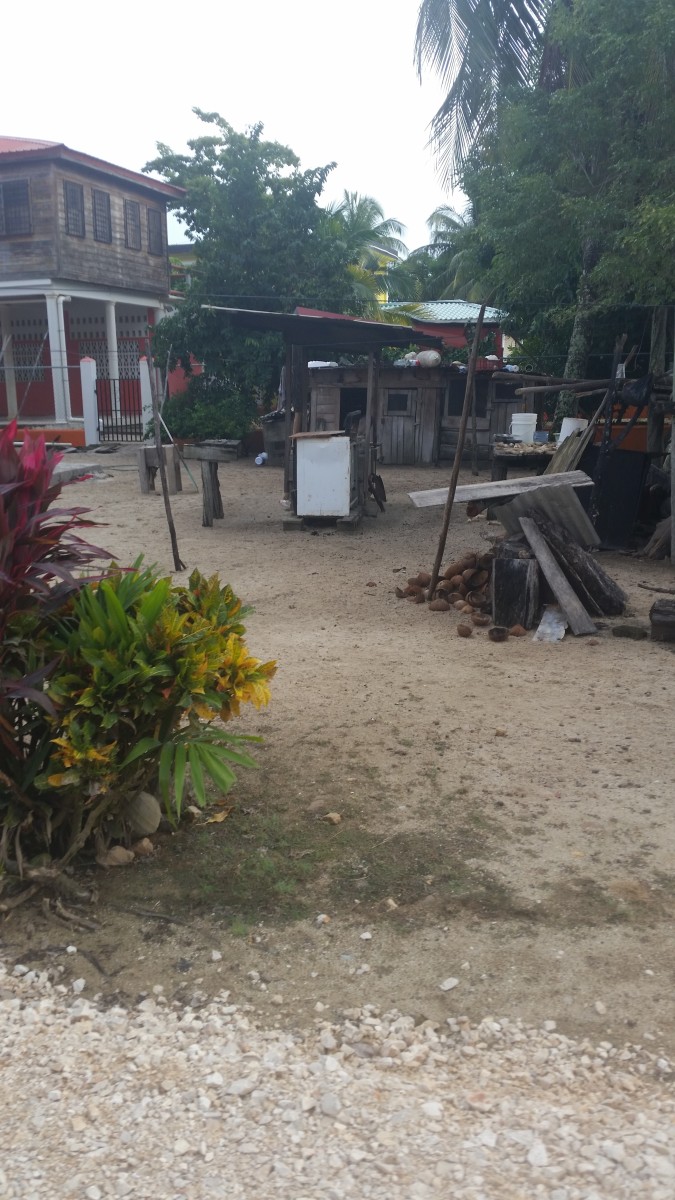- HubPages»
- Travel and Places»
- Visiting North America»
- Central America
Ten+ Tips for Tourists Visiting in Costa Rica
Tips for Making Your Vacation to Costa Rica the Best
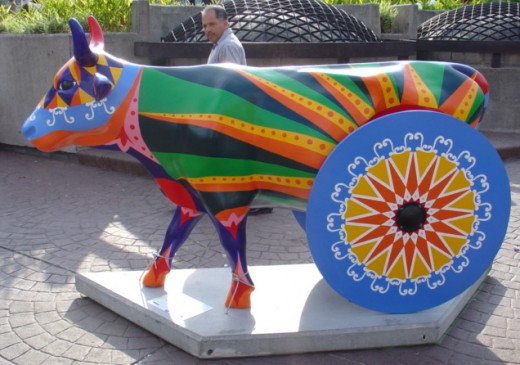
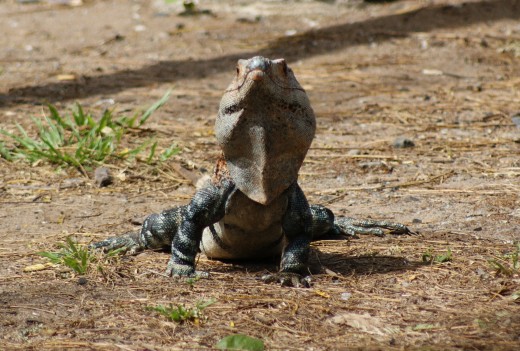
The First Five Tips - Cameras, Restaurants, Security and Driving
Having been a long-term tourist in Costa Rica, I have some suggestions that can make your stay more secure, enjoyable and relaxing. These tips include what to do for restaurant tips, cell phones, driving in the country, the weather, and several other topics. I am adding tips over time, so the title of the page has been changed to 10+ tips. further further ado, here they are:
1. Have your camera ready. This may be obvious, but keep a camera around at all times. You will find some interesting people and creatures almost everywhere you look. It is best to have something small so you don't have to tote around extra weight, and something that is quick and takes great shots on the fly. Opportunities come and they go fast. For instance, one walk in the woods one day (see my Guanacaste blog, mentioned below), I saw congos, a paca, a snake, and several other things, some of which I put on a YouTube video. Some of my other hubs have photos of the biological diversity, things you can find at or near different resorts and festivals that happen during the dry season.
2. Restaurant tips are optional. Know that the restaurants are required to tack on a fee for services on your bills. This means that you can make the tip optional. Most Costa Ricans do not tip after a meal because of this. Tourists do it because they are used to doing it in their home countries. However, as the financial crisis has hit Costa Rica hard and continues to have its effect, it may be a very welcome gesture in cases where the service is exceptional.
3. Security tip #1. Don't leave stuff lying around, especially when you are out . Keep it within eyesight or arms reach. 'Nuff said. Don't leave stuff in a parked car that is unattended at nighttime on the street either. Thieves have ways to break car locks.
4. Security tip #2. Don't go walking out late at night in the cities by yourself. Go with a group. If you do go out at night and are by yourself, don't carry your passport with you or other valuables. You can carry a copy of your passport (which includes a copy of the date of entry stamps) and it is generally accepted at police check stops across the country. These copies also work for using your credit or debit card for purchases in the stores.
5a. If you rent a car, drive defensively. The roads can sometimes be treacherous and the drivers are more aggressive (rephrase that: reckless) than you will find them in countries like the U.S. and Canada. The mountainous roads have unexpected landslides occasionally and since there are no shoulders on most of the roads, you will find cars parked in the middle of the road unexpectedly often. Bad roads and reckless drivers were two of ten frustrations recently listed in a blog about living in Costa Rica. Additionaly, most of the highways don't have shoulders, so you can see bicycles on the street, even at night - and many of the bicycles have no reflectors or lights. Travel slowly and carefully at night because of this.
5b. If you get stopped by Transito cop while driving have an empty wallet. When he asks for your license, fumble around with it and show him that you have nothing in the wallet. You may want to fumble around looking for your registration as well. These guys don't want to waste time and really don't like to write tickets. If you don't look like you have any money, they will likely wave you on to see if they can filch the next guy.
Travel Tips from TravelCostaRicaNow
Books and Music from Costa Rica
Miramar Catholic Church
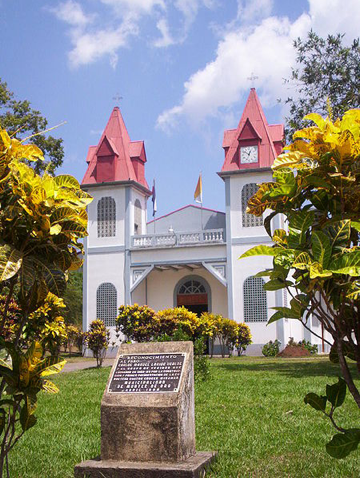
Tourist Tips #6-9
6. Watch both ways before you cross the street. I know, I sound like your mother, but it is very unusual for a Tico in a car to stop for pedestrians. Don't take it for granted they will stop for you as you cross the street. The only place that I have seen that happen is on the campus of the University of Costa Rica in San José. If you walk in front of a car, you will discover that you are mortal. Cars are first and pedestrians second. This is a cultural thing that some are trying to change.
7. Bring your own cosmetics. You will find that the prices for sunscreen and bug spray are at about twice the price they are in other countries. Import taxes and the distribution system here make it that way. So bring your own.
8. Bring a good bug spray and wear long pants on mountainous hikes. There are mosquitoes of two different varieties here and it is important to use a good bug spray having at least 30% DEET. People sometime forget to bring it when they go for hikes around the volcanoes in the forests. There are some biting midges (bicones) in these mountainous zones. Where they bite, you will bleed. Afterwards, there will be itchy red welts on your legs for a couple of weeks. Use the 30% DEET insect repellant and wear long pants for hikes and maybe even a long sleeved shirt. If you don't heed this advice, you probably will be going to the pharmacy for some anti-itch cream the next day or so after your journey to the mountains.
9. Wear your sunscreen. The sun is more direct here than it is in temperate zones, so it is wise to not forget the sunscreen. Between the hours of 10 and 2, the sunlight is the most intense. I recommend going out early in the morning and after 2 pm when visiting the beaches. Apply it every 2 hours when you are out in the sun for an extended time. If you are out in a boat, the reflections can increase the exposure as well. I see many tourists who are as red as lobsters on the beach. A zinc oxide cream provides extra protection for the nose. Wear a wide-brimmed hat as well to protect your face and ears.
10. Find a hotel or resort to stay at where there are several activities around it, including day trips. These are also known as all-inclusive resorts. Determine what types of activities that you like to do first, and then find one or two hotels or resorts that you can use as a base for day trips when you want to go out. These type of resorts have a concierge service that will arrange your day trips. This can save some time and make your vacation more relaxing.
Play It Safe In the Parks - Go With A Guide
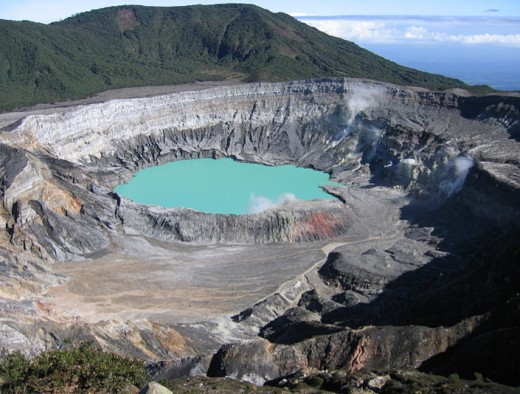
More Tips for Tourists Visiting Costa Rica
11. Don't rent a cell phone, buy a prepaid SIM card. Kiosks sell prepaid Kolbi 3G SIM cards at the airport when you arrive. Buy these and insert them into your cell phone. If you don't know how to do that, have the clerk at the counter do it for you. For more information about this, see the blog entry on the Guanacaste CostaRica-MiTierra blog, mentioned below. If you plan to do this, you will need a phone that will operate in the 1800 MHz frequency. Tri-band international phones are usually used. Thanks to the advent of competition, there are other cell service vendors where you can buy these prepaid SIM cards, including Claro, Tuyo and Movistar. These stores can be found almost anywhere, including many of the little convenience stores called pulperias.
12. Weather. It gets cool at night in the mountainous areas. And it rains and is foggy there frequently, so bring a parka. You don't need a heavy duty coat, but something to protect you from moisture is adequate. Speaking of moisture, the rainy months in Costa Rica are October and November. The dry season is from December to April. For more info on the weather see the hub Guanacaste Costa Rica Weather.
